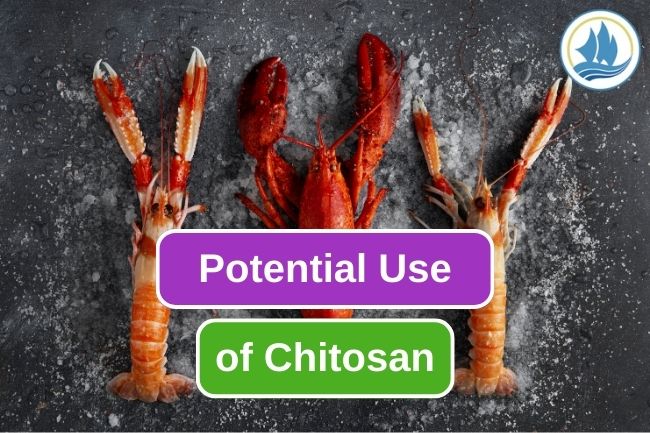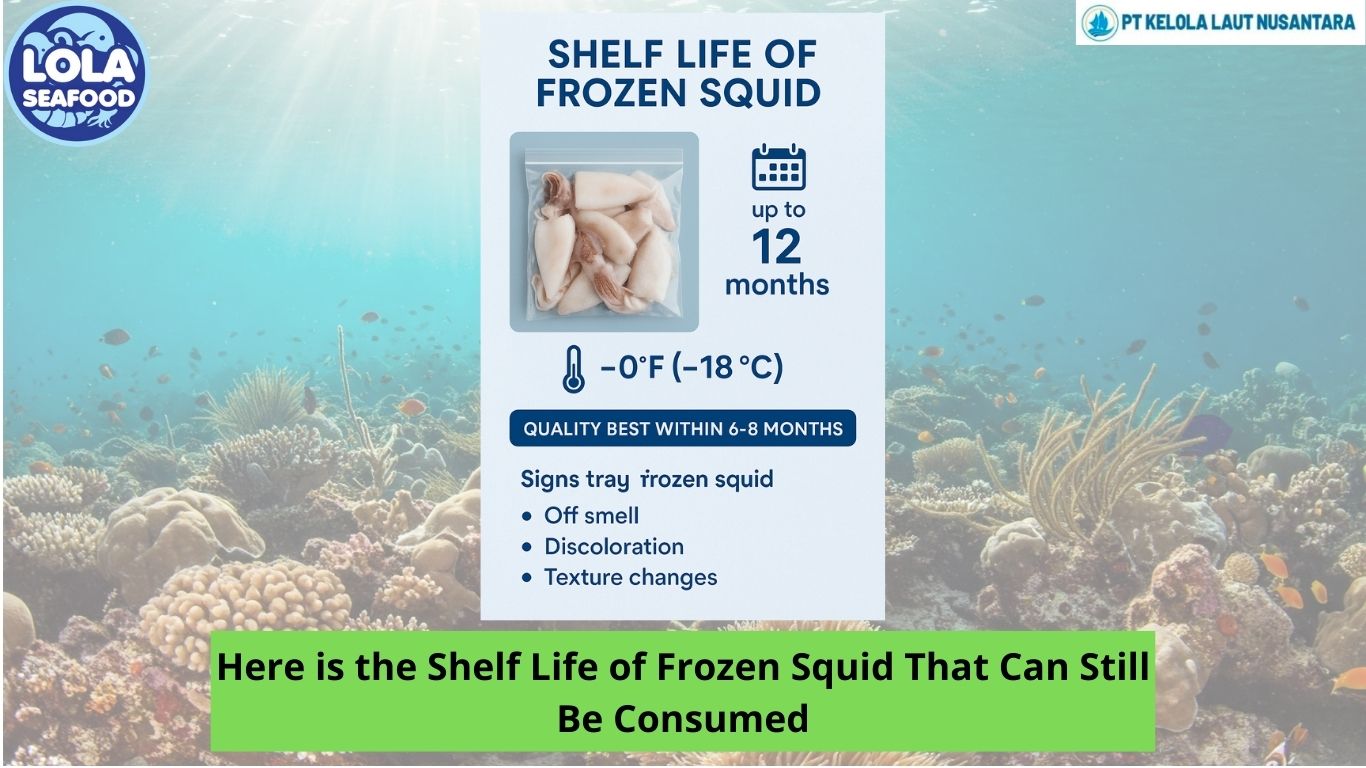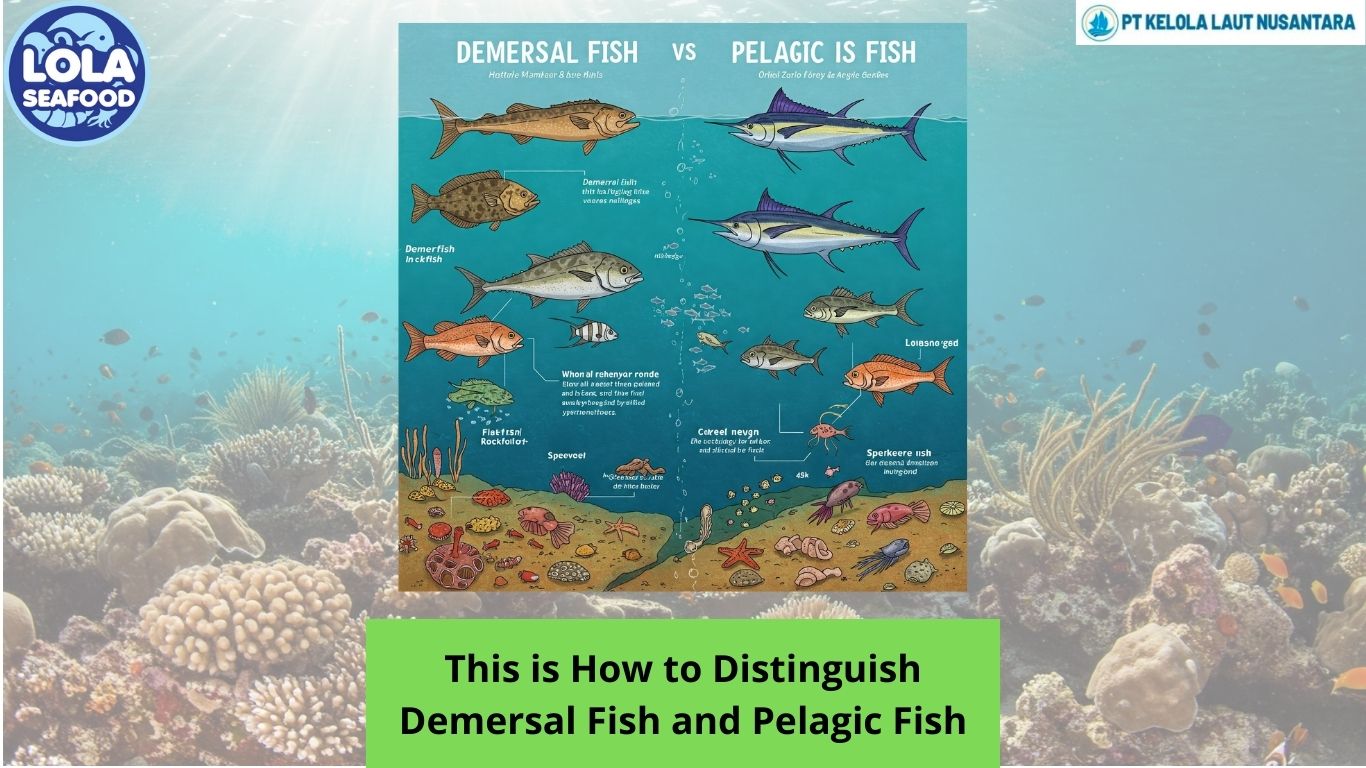Chitosan: Revolutionizing Biomedical Field With Its Potential Uses
By. Nevanda - 20 Jun 2023
kelolalaut.com - Chitosan has shown great potential in various biomedical fields due to its unique properties. Chitosan is a derivative of chitin, a complex polysaccharide. While chitin itself is not digestible by humans, chitosan is partially soluble in acidic environments, allowing it to be more easily absorbed in the body. The health benefits of chitosan are attributed to its structural properties and interactions with other substances rather than its nutritional composition.
Here are some of the potential uses of chitosan in biomedical applications:
1. Wound healing and tissue engineering
Chitosan has been widely studied for its applications in wound healing and tissue regeneration. It promotes cell adhesion, proliferation, and migration, making it useful in the development of wound dressings, scaffolds for tissue engineering, and drug delivery systems. Chitosan's antimicrobial properties also help prevent infections in wounds.
Read also: This Is What Chitosan Does For Human
2. Drug delivery systems
Chitosan's ability to encapsulate and deliver drugs has been explored extensively. It can be formulated into various drug delivery systems such as nanoparticles, microspheres, and hydrogels. Chitosan-based drug delivery systems can improve drug stability, control drug release rates, and enhance the targeted delivery of therapeutic agents.
3. Tissue scaffolds
Chitosan can be processed into three-dimensional scaffolds that mimic the extracellular matrix (ECM) of tissues. These scaffolds provide structural support and a conducive environment for cell growth and tissue regeneration. Chitosan scaffolds have been investigated for applications in bone, cartilage, skin, and nerve tissue engineering.
4. Dental applications
Chitosan has been explored for dental applications, including oral drug delivery, periodontal tissue engineering, and dental restorative materials. It has shown antimicrobial properties against oral bacteria and can promote tissue regeneration in periodontal defects.
Read also: 5 Reason To Considerate Using Salting To Preserve Fish
5. Hemostatic agents
Chitosan's ability to interact with blood and promote clotting has led to its development as a hemostatic agent. Chitosan-based hemostats can be used to control bleeding in surgical procedures, trauma cases, and emergency situations.
6. Antibacterial and antimicrobial coatings
Chitosan's antimicrobial properties make it suitable for coating medical devices and implants to prevent bacterial colonization and biofilm formation. This can help reduce the risk of infections associated with medical procedures.
7. Gene delivery
Chitosan has been investigated as a non-viral vector for gene delivery. It can condense and protect DNA, facilitating its cellular uptake and gene expression. Chitosan-based gene delivery systems have the potential to be used in gene therapy and genetic research.
Read also: Learn How Lobster Farming Process Works

.jpg)
.jpg)
.jpg)




